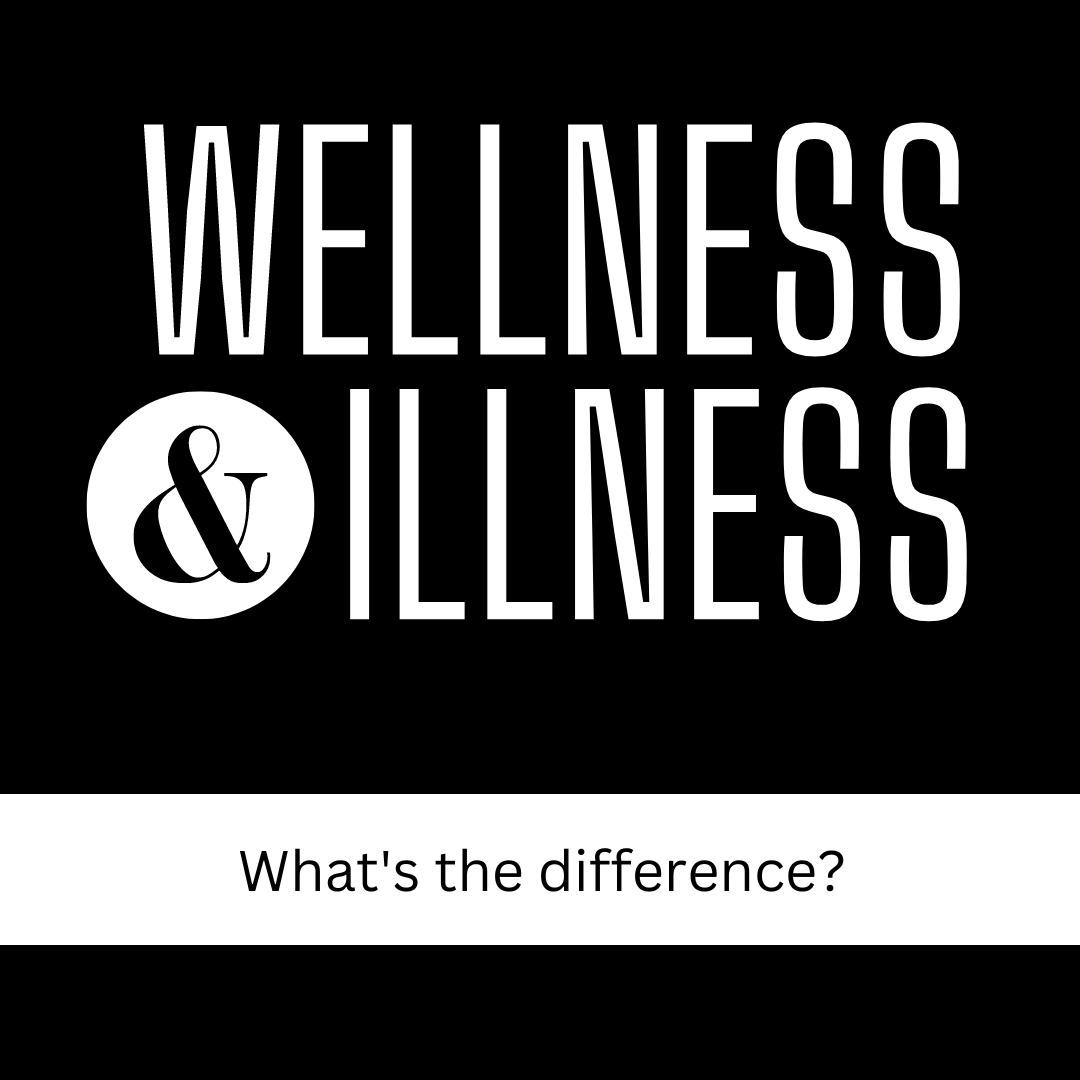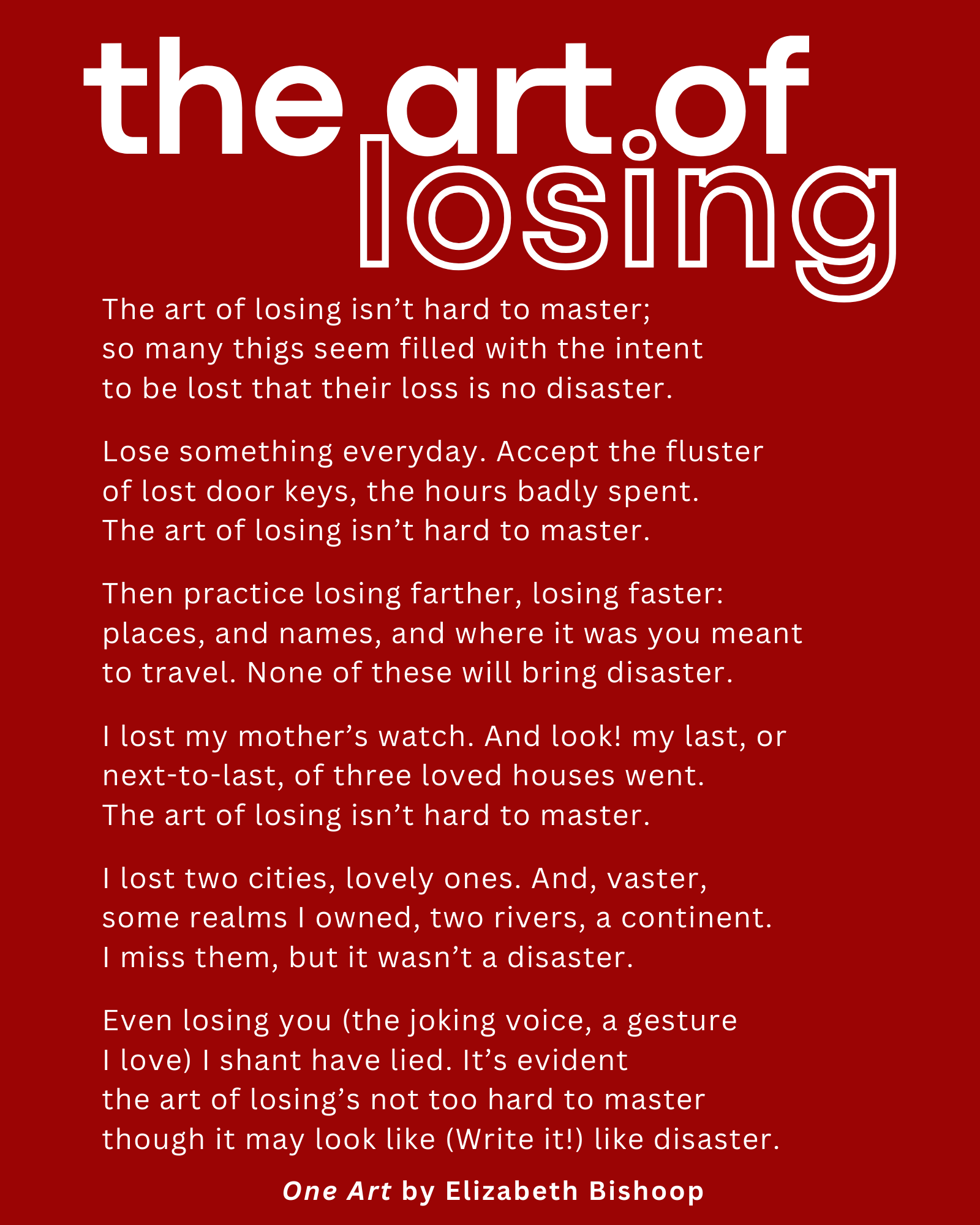“If I had influence with the good fairy who is supposed to preside over all children, I should ask that her gift to each child in the world be a sense of wonder so indestructible it would last throughout life, as an unfailing antidote against the boredom and disenchantments of later years, the sterile preoccupation with things that are artificial, the alienation from the sources of our strength.”
YIDDLE #1
YUZZLE #1
First of all, what’s a yuzzle? Well, it’s kind of like a yiddle - a yogic riddle. It’s like a koan that stirs us from our comas - but with less echo and more back and forth - because it responds to itself - which gives it a kind of chewy quality - like taffy.
This yuzzle asks: “What addiction afflicts us all?” and answers: “We are all addicted to the way we each process life.”
The fun of a yuzzle is feeling into how it lands for us - discovering our relationship to the ideas behind the words. We could try that now - feeling into the concept of addiction as related to how we move through life.
What does addiction mean to us? Is it fixation? Is it something we want or need in order to feel ok? And what makes us not feel ok anyway? Are we addicted to getting what we want and avoiding what we don’t want? What really drives our wants? Desire? Fear? Pain? Do our wants leave an energetic signature on everything we experience? Is there a hierarchy of addictions - some more wholesome than others? Or, are they all on the same level at their core? Can addiction ever be helpful and beneficial? What’s the difference between preference and addiction? Does it involve choice?
Maybe it feels like what Sri Aurobindo was pointing to when he wrote: “The whole world yearns after freedom, yet each creature is in love with his chains; this is the first paradox and inextricable knot of our nature.”
Yoga, at its essence, is a kind of continual subjectivation - a process of experimentation where we experience ourselves in relation to life itself - including our relationship to whatever we think we need to feel ok - our addictions and fixations. Yoga helps us recognize how our intense fears and desires cause us to contract into a self-imposed cage of our own making that obstructs unification with nature’s creative impulse. Yoga reminds us how resisting what we don’t want - how pushing away pain and chasing pleasure - keep us bound to suffering because such resistance ignores the infinite process that life is.
And this brings us to another yuzzle: “How much withdrawal can we handle?” But there is no set answer to this other yuzzle because anything close to truth here is highly individual and varies in every moment. However, the concept of death, and our relationship to it, is inextricably tied to the capacity to endure the suffering of withdrawal.
YIDDLE #2
YUZZLE #2
Ready or not - here comes another yuzzle . . . Adyashanti and Jakusho Kwong Roshi are the source of this play.
This yuzzle asks: “What's the most important thing?” and answers: “Knowing the most important thing is THE most important thing.”
Wait. . . what?!?! This yuzzle feels a little unfair - and unsatisfying because of that echoing bounce back quality that leaves us hanging. It has that Zen koan feel to it - a mix of Yoga and Zen - Yen! Don’t worry though - self-exploration is usually the point with Yen - so there’s not really a right cracking of this code.
Like Alan Watts writes: self-discovery is “not achieved by looking out of the corner of your eye to see if everybody else is getting the same results as you or by trying to find out what others have already discovered. It is achieved by going down into one’s own inner, secret place and asking there for a direct encounter with the world, independent of convention.”
So maybe we just lean in a little more and relax with the whole thing - noticing and feeling into the space in which we are hanging. Instead of engaging with this yuzzle with a blunt kind of dialectic, maybe swimming in its emptiness for a bit allows for the greatest kind of self-discovery.
A kind of self-discovery where nothing matters.
Where nothing really does matter.
Like Sri Nisargadatta so masterfully expressed: “When I look inside and see I’m nothing, that’s wisdom. When I look outside and see that I’m everything, that’s love. And between these two is where my life flows.”
Maybe recognizing - and continuously remembering - this flow between nothing and everything is the most important thing? And maybe not remembering is the main cause of confusion and suffering?








